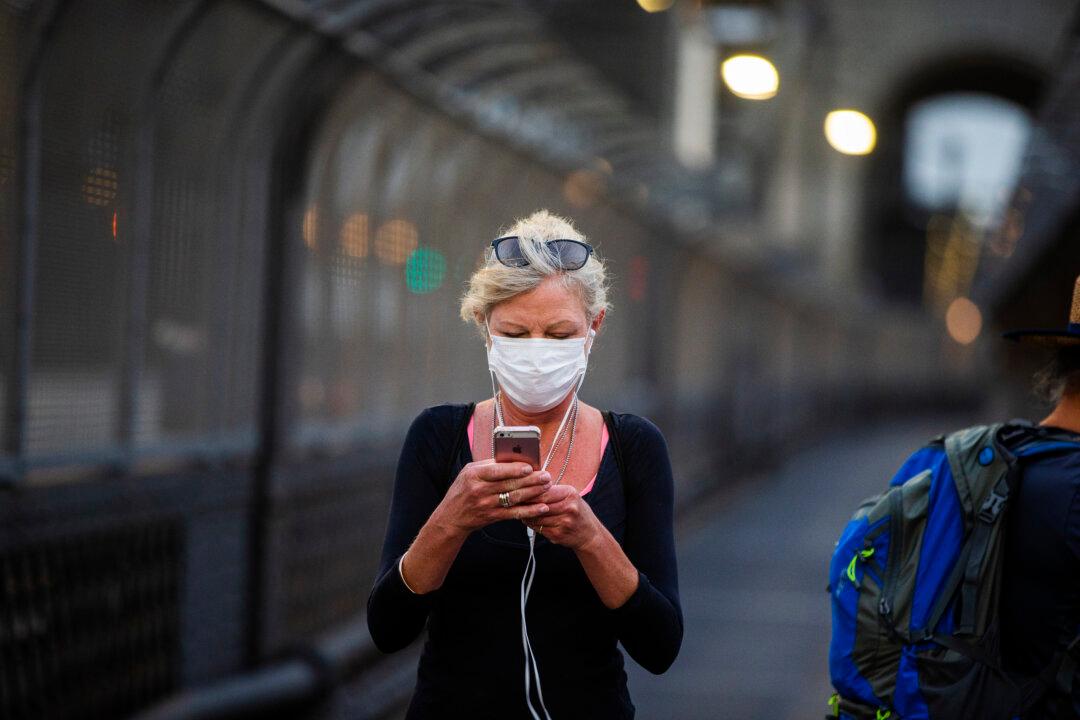An Australia-first study has found that 99.2 percent of Aussies have “nomophobia” or the fear of being without their phone.
Researchers from BehaviourWorks Australia found in their study that as reliance on the device for everyday activities increases, a new phenomenon is emerging: nomophobia, or no mobile phone phobia.





